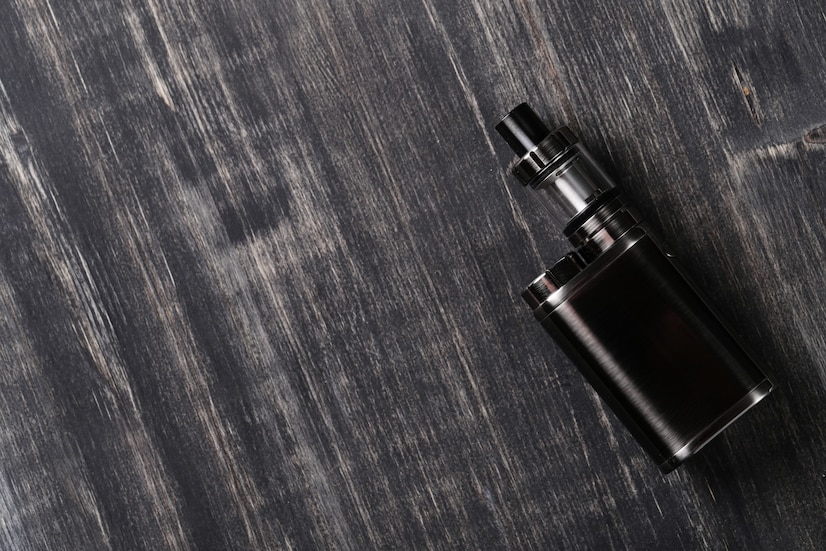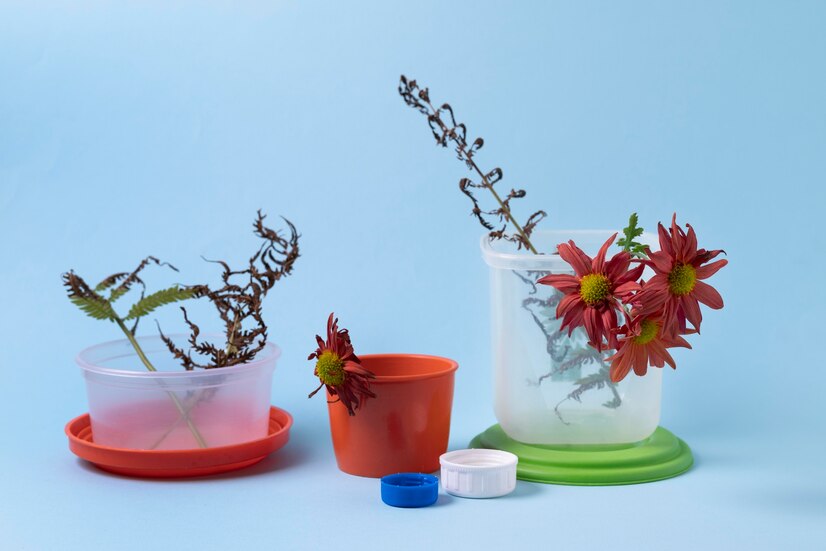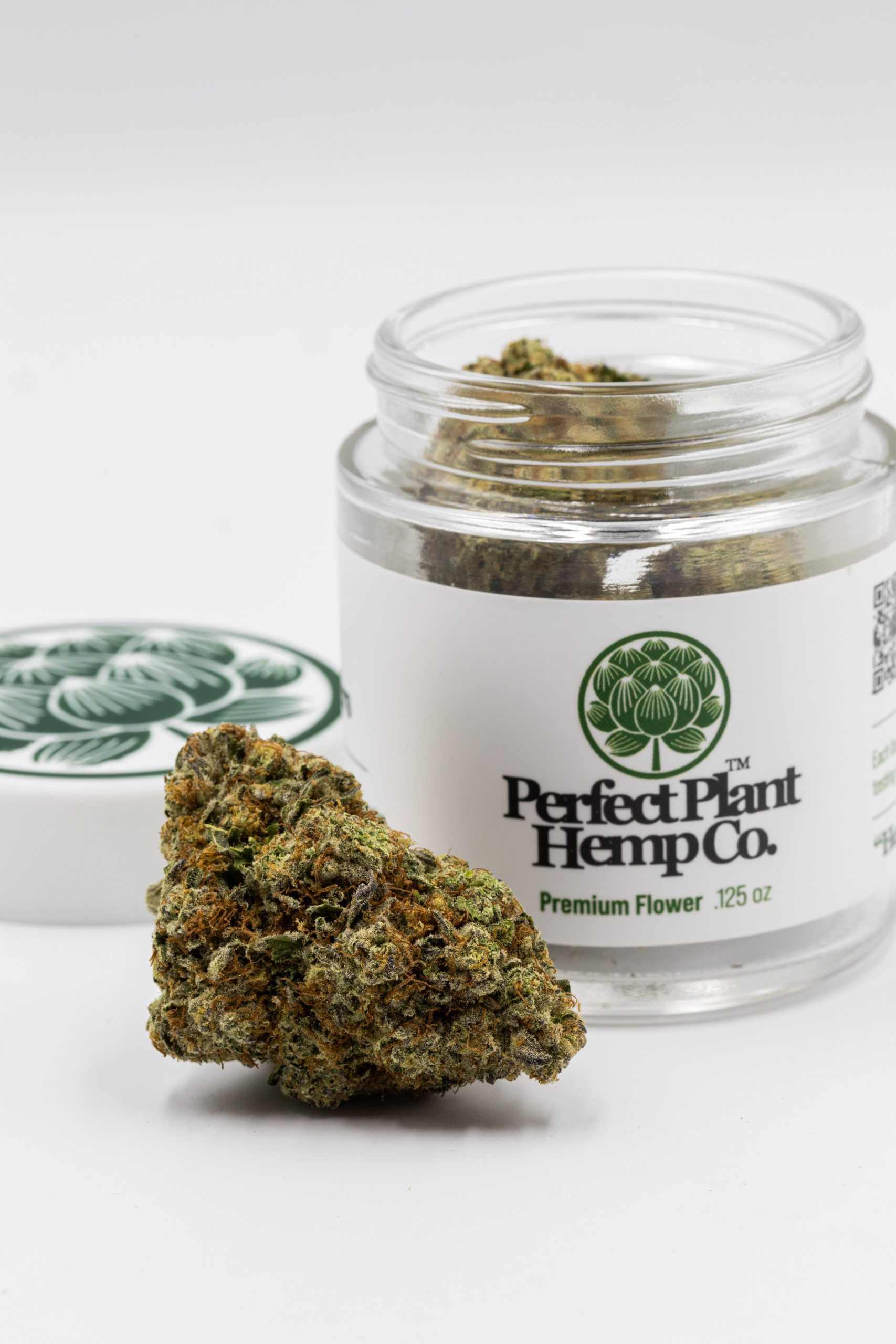It is common knowledge that THC has psychoactive properties, but without its precursor, THCA, it wouldn’t exist. The THCA flower is the naturally occurring form of the cannabis plant.
It isn’t psychotic because it doesn’t bind to the CB1 and CB2 receptors of the endocannabinoid system due to the molecule’s shape – THCA has an extra carboxylic group. As a result, it can not provide a feeling of highness.
Contrary to popular opinion, raw cannabis does not contain any THC. This means that you will not get high no matter how much of the flower you consume. However, it contains a high percentage of THCA – hence the name, THCA flower. THCA is a non-intoxicating cannabinoid that is similar in structure to THC, but for an extra carboxyl group.
The non-intoxicating nature of THCA can be attributed to the carboxylic acid group because the structure becomes too large and three-dimensional, so it becomes impossible to attach to the receptors in the body’s endocannabinoid system (of the nervous system).
Cannabinoids that do not bind to the receptors do not induce psychoactive effects but that does not mean that they do not provide any benefits to the body.
While THCA flower cannot get you high, it possesses specific properties which can provide health benefits to the human body. This article explains the anti-inflammatory and neuroprotective properties of the THCA flower and how you can use them to get the desired effects.
The Anti-Inflammatory And Neuroprotective Properties Of THCA Flower

inflammation and pain
THCA flower can help patients who suffer from inflammation and pain conditions such as arthritis, lupus, irritable bowel syndrome, and Crohn’s Disease. THCA’s anti-inflammatory properties make it an ideal treatment for fatty liver disease.
It binds with the enzymes involved in the cyclooxygenase pathways, including cyclooxygenase-1 (COX2), cyclooxygenase-2 (COX2), and metalloproteinase-9 (MMP9), to reduce the production of prostaglandins, which is an inflammatory mediator in the body.
Prostaglandins are chemical compounds that induce inflammatory effects such as vasodilation, fevers, and allergic reactions.
A 2017 study on the effect of THCA on inflammation in colon epithelial cells revealed that it effectively reduced inflammation. Frequent use of THCA will slowly ease inflammatory conditions and help relieve pain in the hips, knees, and shoulders. With daily use and after a few weeks, once the THCA has built up in the system, most users notice a difference, and inflammation starts to subside.
The anti-inflammatory effects of THCA were also proven in a 2021 experiment on mice with liver fibrosis and inflammation. The results revealed that THCA was effective in reducing fibrogenesis by inhibiting the expression of the fibrotic markers in the liver. This helped the mice to recover.
The Neuroprotective Properties Of THCA Flower

The neuroprotective properties of THCA make it helpful in treating neurodegenerative diseases, such as multiple sclerosis, Alzheimer’s disease Huntington’s disease, and Parkinson’s disease. THCA protects the nervous system by activating the PPARγ receptor.
It induces the fatty acid binding proteins to break down anandamide, a naturally occurring endocannabinoid in the body. This causes an increased level of anandamide in the brain which subsequently protects the brain and the entire nervous system from damage.
The use of THCA flower can relieve the symptoms of spasticity in people with multiple sclerosis. A 2017 study on the effect of THCA on neurodegenerative conditions showed an improvement in motor deficits and prevention of degeneration in the brain. It increased mitochondrial mass and reduced cytotoxicity in the brain.
How To Use THCA Flower
THCA flower can be considered to be a superfood. People who don’t want to experience any psychoactive effects can eat it raw, juice it or add it to smoothies as a health supplement. You don’t necessarily need to smoke or vape it to enjoy health benefits.
In contrast, if you want to enjoy the intoxicating feel of a high-quality THCA flower, you will have to perform a process called decarboxylation. Think of the cannabinoid receptor as doors and THCA as a key.
Because THCA is not in the right shape, it cannot open the door and unlock the psychoactive experience. By decarboxylating, you eliminate the carboxylic acid group in the THCA molecule and convert it to THC, which can bind with the CB1 and CB2 receptors. There are a few ways to go about it.
Smoking Or Vaping:

The high temperature applied quickly to the THCA flower displaces the carboxylic group and converts it to THC. This delivery method is the fastest; you typically feel the effects within minutes of inhaling the vapor.
Vaping is preferred to smoking because it doesn’t require an open flame so there is no smoke. It also doesn’t have the harmful byproducts of smoking such as tar.
Another advantage of vaping is that people get to enjoy a more pronounced flavor than smoking. You will be able to feel and taste the different profiles of the terpenes and the cannabinoid strain. You will get better control over temperature, allowing you to choose the intensity of the psychoactive experience.
Sunlight Conversion
Subjecting THCA flowers to heat or light for an extended period can slowly convert the THCA molecules to THC molecules. This type of decarbing could take a long time. Oxygen also contributes to the rate of decarboxylation. If you are looking to slow down the rate, you should keep your THCA flower in an air-tight container. This will help it to keep fresh and maintain its potency.
Baking
If you love homemade edibles, you can decarboxylate the THCA flower in your oven before infusing it with butter or oil. But you will need to ensure that the oven reaches a high temperature needed for decarboxylation to occur.
Heating at the right temperature is necessary to ensure that all of the THCA is transformed into THC. A variety of edibles are made with that infusion, such as brownies, cookies, candies, gummies, and more.
What Dosage Of THCA Flower Do I Need?

There is no standard dosage to take to benefit from the anti-inflammatory and neuroprotective properties of THCA flowers. But we advise you to consult your doctor to find out how to incorporate THCA flower into your treatment plan.
If you can’t get a definite answer, we recommend that you start small. Measure the effects over time and gradually increase your dosage until you get the desired effects.
Keep in mind that the time it takes to notice the effects of the THCA flower depends on the mode of delivery. If you smoke it or vape it, you can experience the psychoactive effects within minutes of inhaling the vapor.
On the other hand, if you ingest it in edibles, it may take up to two hours before you notice anything. The upside is that effects last longer when you ingest it than when you smoke the THCA flower.
By starting small, you will prevent overdose. Too much THC in your system can cause adverse physical and mental side effects, including panic attacks, paranoia, and elevated heart rates. Nevertheless, when eaten in moderation, edibles don’t seem to pose any health risks.
Bottom-line: Should I Use THCA Flower For Inflammatory Or Neurodegenerative Conditions
You can use THCA flower to provide relief from inflammatory and neurodegenerative conditions. Research has shown that it works, and can be valuable to your treatment plans. It can help you to manage the symptoms and boost you towards better health.
Read Also:




























